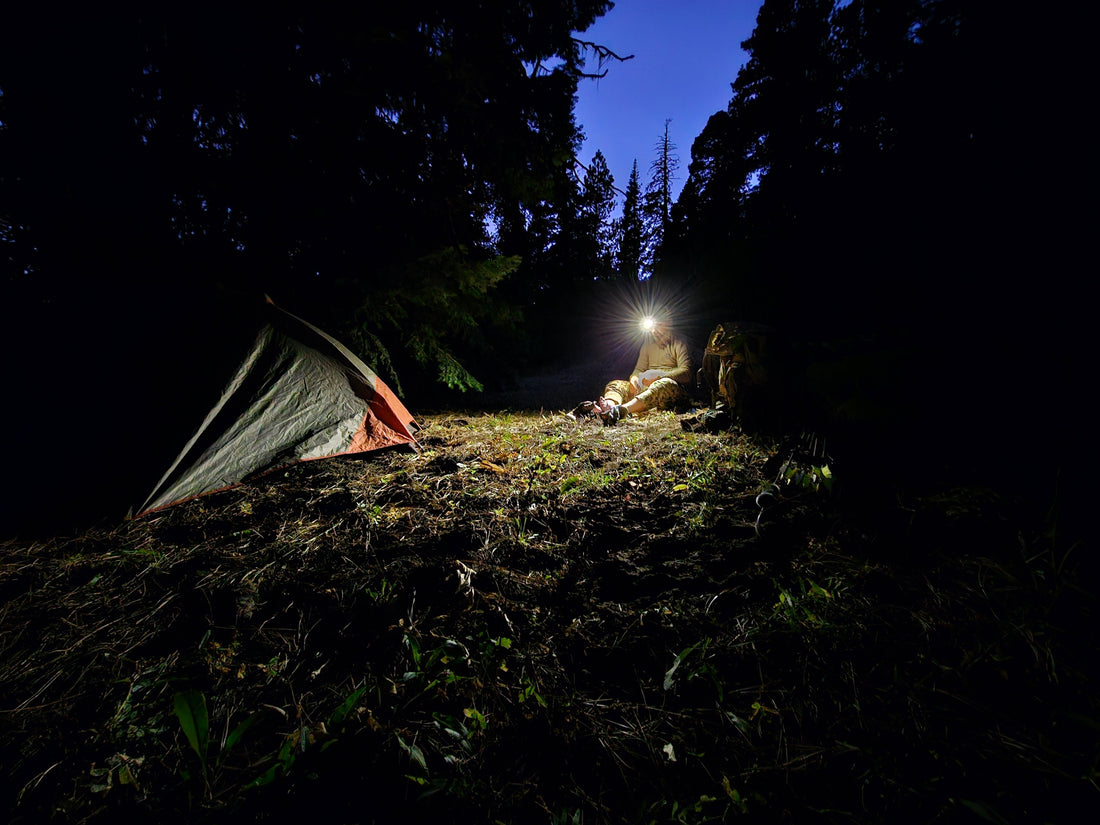
Hunting is Worship!
Share
For the Christian who hunts, the practice is often more than a sport or a hobby; it is a profound engagement with creation, rooted in the biblical concept of the Kingdom of God. This perspective moves beyond a simple defense of the act of hunting and into a robust theological framework that sees the hunter as a steward, a participant in God's ongoing work of ordering and sustaining the world.
The Dominion Mandate as Stewardship
The foundation for this perspective is found in the creation narrative in Genesis. When God creates humanity "in his own image," he gives them a clear mandate: "Be fruitful and multiply; fill the earth and subdue it. Have dominion over the fish of the sea and over the birds of the air and over every living thing that moves on the earth" (Genesis 1:28).
In the context of the Kingdom of God, "dominion" is not a license for reckless exploitation. It is a royal and priestly charge to govern and care for creation on God's behalf. The Hebrew word for "subdue" (radah) suggests a responsible and authoritative rule, while "have dominion" (kabash) implies tilling and tending. This is further clarified in Genesis 2:15, where humanity is placed in the Garden of Eden "to work it and take care of it."
For the Christian hunter, this stewardship is a serious responsibility. They are not merely consumers but active managers of the ecosystem. This involves:
* Population Management: In many modern contexts, hunting is a vital tool for managing wildlife populations. Without natural predators, certain species can overpopulate, leading to habitat destruction, disease, and starvation. The conserving hunter, therefore, is not a killer of life but a participant in the health of the entire ecosystem.
* Ethical Harvest: The Kingdom of God perspective calls for ethical and humane practices. This means striving for a quick and clean kill, minimizing suffering, and using every part of the animal possible. This reverence for the animal's life is a recognition that it, too, is God's creation, "given into your hands" (Genesis 9:3) as a gift.
* Respect for the Land: The conserving hunter understands that the animals are only as healthy as their habitat. This drives a deep respect for the land and a commitment to conservation efforts, often through financial contributions from hunting licenses and excise taxes on equipment, which directly fund wildlife management and habitat restoration.
Reconnecting with Creation
In an increasingly urbanized and disconnected world, hunting provides a unique opportunity for Christians to re-engage with creation on a fundamental level. It forces a physical and spiritual reconnection with the rhythms of nature, the seasons, and the reality of life and death.
The hunter who spends hours in the woods, observing wildlife and listening to the sounds of nature, is immersed in God's "first book" of revelation. This experience can foster a sense of gratitude and humility, reminding the hunter that they are not the pinnacle of creation but a part of it, dependent on the land for sustenance. The act of taking an animal's life for food can be a somber and reverent act, teaching a profound lesson about sacrifice and provision that is often lost in a grocery store aisle.
A Holistic View of the Kingdom
The Kingdom of God is not just about the spiritual realm; it is about the redemption and restoration of all things. It's a vision of a world where God's will is done "on Earth as it is in heaven." In this context, the conserving hunter is a kingdom agent, a co-laborer with God in the task of caring for the created order.
This perspective challenges the simplistic "sport vs. sustenance" dichotomy. While hunting for "sport" can be problematic if it lacks reverence and purpose, a better framework is "stewardship over sport." When approached with a heart of gratitude and a commitment to conservation, hunting can be a deeply spiritual practice that glorifies God and contributes to the flourishing of His creation. It is a testament to the fact that the Kingdom of God extends not only to the human heart but to the wilderness and every creature that inhabits it.